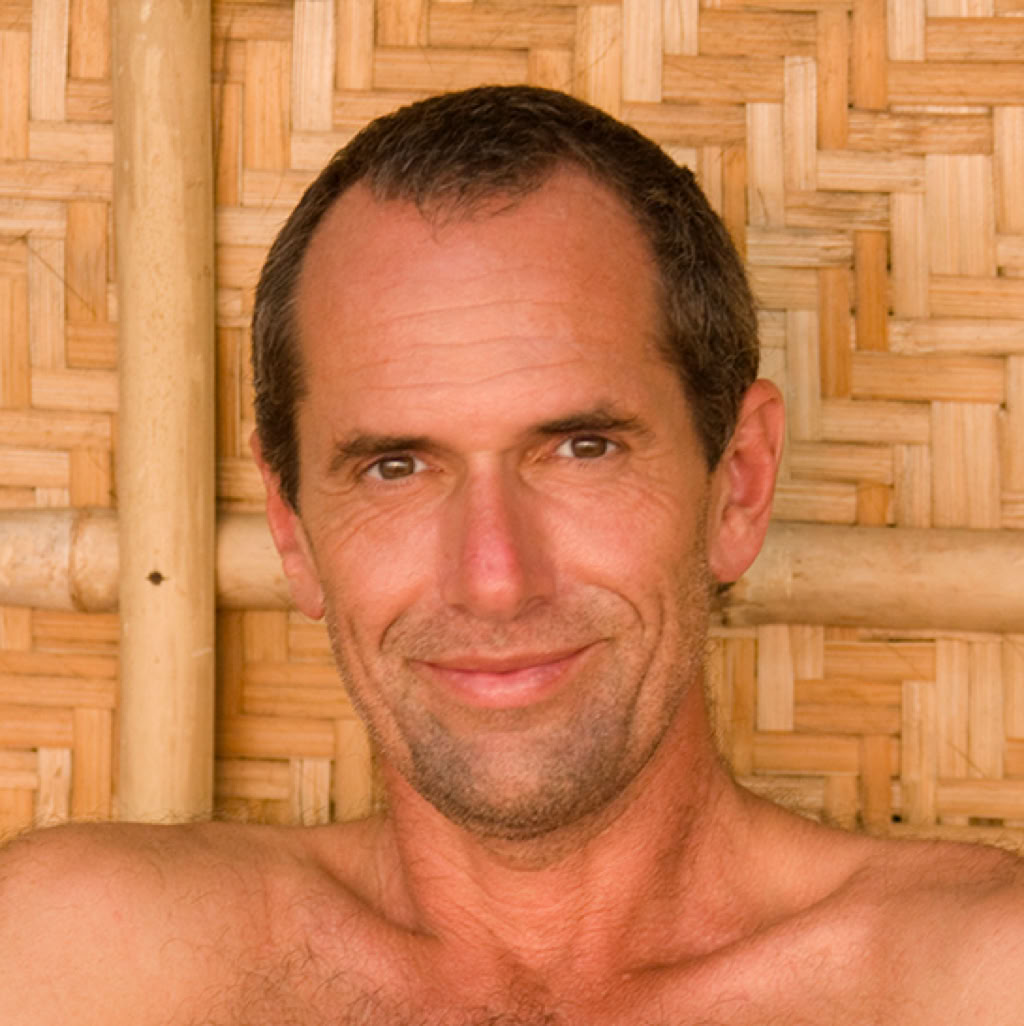20/04/2016
I have been coming here for years. I love the view from the guest house, down the tranquil valley and across to a series of mountain ridges. For years I had been intending to ascend the nearest of those ridges. Today I finally diid it. It was much easier than I had expected: a goat herders’ path could be followed all the way, skirting the steeper sections and zig-zagging up the slopes as needed. The way passed through beautiful rhododendron woods before emerging onto steep grassy pastures, with rocky outcrops to add to the scene. I finally ended up at another wood, high on the mountain, with majestic old trees, a magical place. The views all the while were magnificent.
What I noticed as I was walking up the ridge was how much I enjoyed being on new terrain. For me there is a great joy in discovering new places. Somewhere in me there is definitely the explorer’s spirit. I feel lucky to have this aspect in my character. For what is the spiritual journey if not a journey of exploration and discovery, a journey into new terrain!

